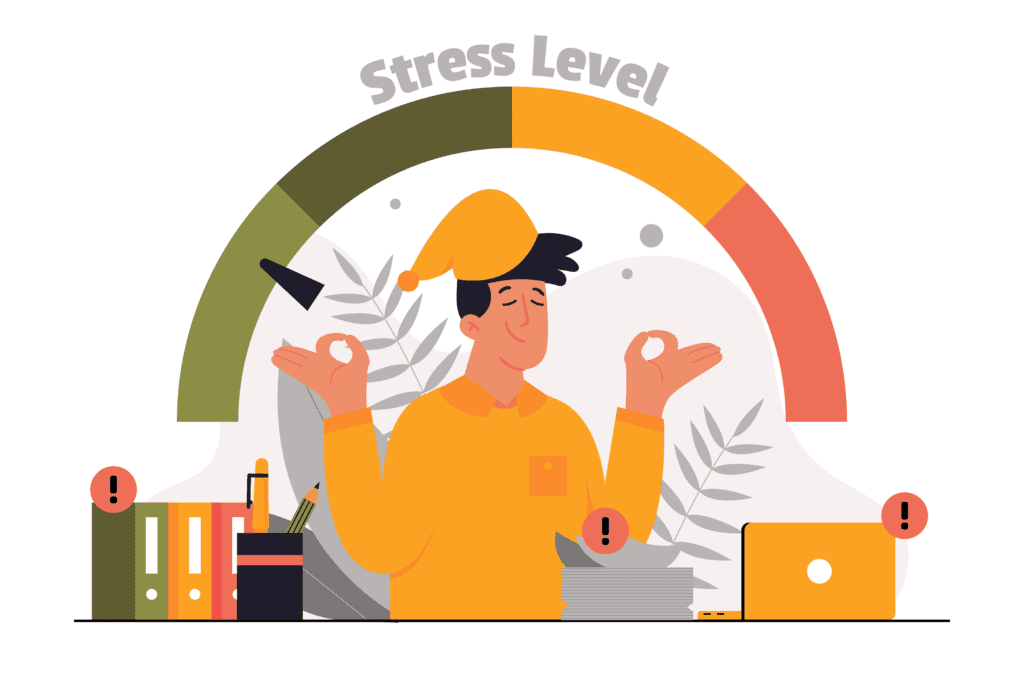Happiness and fulfilment, one of the essential elements that often get overlooked, is mental well-being. Quality of life encompasses various aspects beyond just material wealth and physical health; it encompasses emotional and psychological well-being as well. While modern society has made significant strides in addressing physical health, the importance of mental health and its impact on overall quality of life cannot be overstated. Psychotherapy, a form of talk therapy, stands as a crucial tool in enhancing mental well-being and subsequently improving the quality of life.
Understanding Quality of Life
Quality of life is a concept that encompasses various dimensions, such as physical health, psychological well-being, social relationships, environmental factors, and overall life satisfaction. It reflects an individual’s subjective perception of their life circumstances and their ability to cope with challenges and enjoy positive experiences.
Psychotherapy and its Impact
Psychotherapy, also known as talk therapy or counselling, involves a collaborative process between a trained therapist and an individual or group. It aims to explore and address emotional and psychological issues, improve coping mechanisms, and promote personal growth and development. Through psychotherapy, individuals can gain insight into their thoughts, feelings, and behaviours, learn effective problem-solving skills, and develop healthier ways of relating to themselves and others.
Research Insights
Numerous research studies have demonstrated the effectiveness of psychotherapy in improving the quality of life across various populations and settings. Meta-analyses and systematic reviews consistently highlight the positive outcomes associated with psychotherapy interventions for a wide range of mental health conditions, including depression, anxiety disorders, post-traumatic stress disorder (PTSD), and substance abuse disorders.
Quality of Life Outcome Studies
Quality of life outcome studies provide valuable insights into the tangible benefits of psychotherapy beyond symptom reduction. These studies examine how psychotherapy interventions influence an individual’s quality of life, including emotional well-being, social functioning, work productivity, and overall life satisfaction.
For example, a longitudinal study published in the Journal of Consulting and Clinical Psychology found that individuals who received psychotherapy for depression not only experienced a significant reduction in depressive symptoms but also reported improvements in overall quality of life and functioning. Similarly, research on psychotherapy for anxiety disorders has shown enhancements in social relationships, work performance, and overall life satisfaction among participants.
Moreover, quality of life outcome studies often incorporate measures of subjective well-being, resilience, and self-esteem to capture the broader impact of psychotherapy interventions on individuals’ lives. These studies provide compelling evidence that psychotherapy not only alleviates psychological distress but also fosters resilience, enhances coping skills, and promotes a sense of meaning and purpose.

Real-World Impact
Beyond the realm of research, psychotherapy has a profound real-world impact on individuals, families, and communities. By addressing underlying emotional and psychological issues, psychotherapy helps individuals break free from negative patterns of thinking and behavior, overcome interpersonal conflicts, and navigate life transitions with greater resilience and adaptability.
Furthermore, psychotherapy plays a crucial role in destigmatizing mental health issues and promoting help-seeking behaviors. By providing a safe and supportive space for individuals to express themselves openly and without judgment, therapists empower clients to take control of their mental health and pursue meaningful goals in life.
Conclusion
In conclusion, psychotherapy stands as a powerful tool for enhancing quality of life by addressing emotional and psychological challenges, improving coping mechanisms, and fostering personal growth and resilience. Research evidence and quality of life outcome studies underscore the significant positive impact of psychotherapy interventions on individuals’ lives, beyond just symptom reduction. As we continue to prioritize mental health and well-being, integrating psychotherapy into holistic approaches to healthcare and social support systems will be essential in promoting flourishing and fulfillment for all individuals.
Ready to begin? Start your online therapy journey today. Book your first session now.




